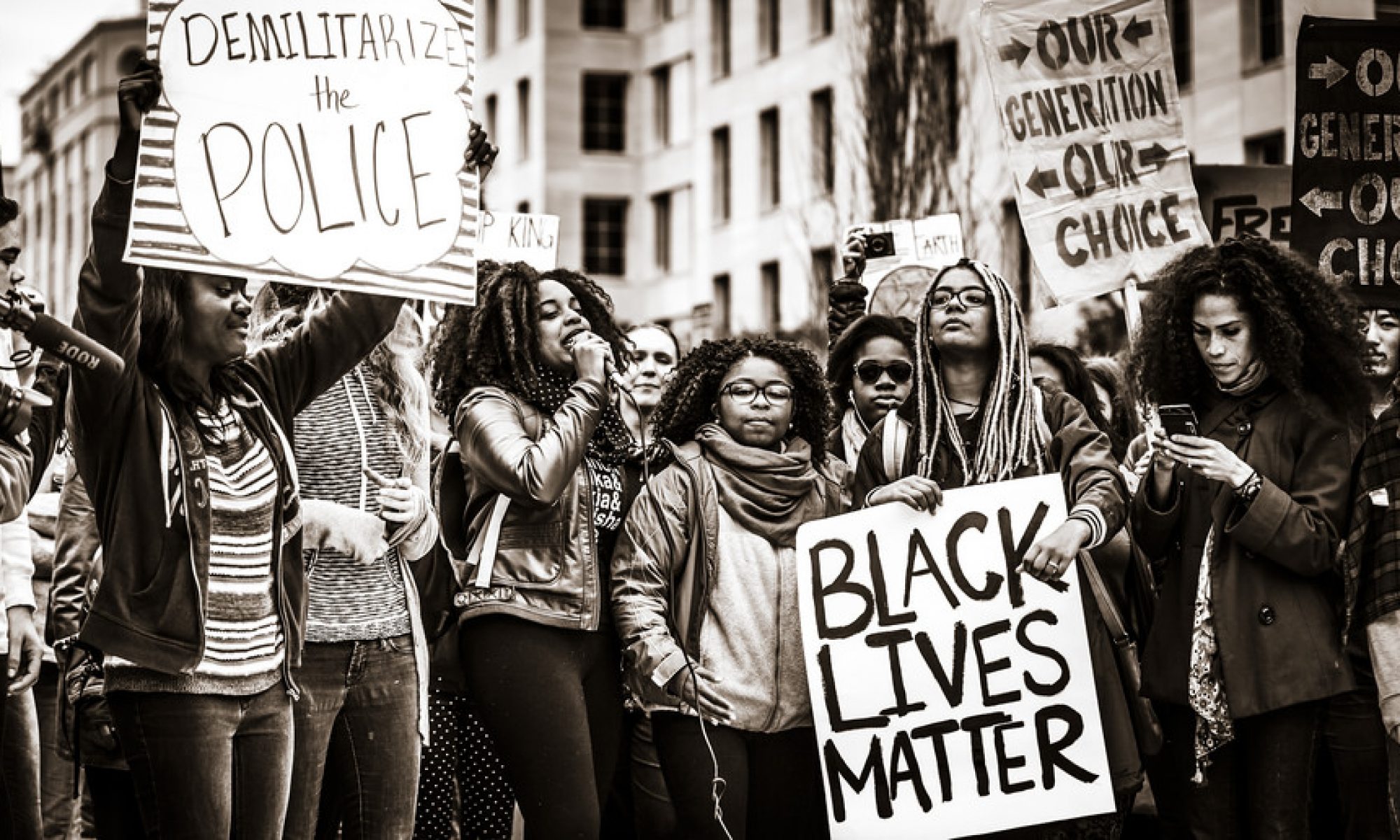I recently came across Feminista Jones’ 2014 New York Times article (Why Black Women Struggle More With Domestic Violence). The article begins by describing domestic violence, or intimate partner violence, as a “family secret” in Black Communities. Jones’ piece uses the case of former Baltimore Ravens running back Ray Rice and his then-fiancée Janay. Jones elaborates on the lack of support and compassion shown to Black women who choose to stay with their abusers. Reading her piece one can be shocked by the alarming statistics surrounding the issue. (Please keep in mind these statistics were from nearly 5 years ago, domestic violence still remains a major concern for many).
“According to the National Coalition Against Domestic Violence, an estimated 1.3 million American women experience DV/IPV each year. Women make up 85% of the victims of DV/IPV. For Black women, it’s an even bigger problem: Black women are almost three times as likely to experience death as a result of DV/IPV than White women. And while Black women only make up 8% of the population, 22% of homicides that result from DV/IPV happen to Black Women and 29% of all victimized women, making it one of the leading causes of death for Black women ages 15 to 35.” Jones believes the major reasons why Black women are disproportionately represented in domestic violence is because of racism and sexism. Because racism is seen as a bigger issue than sexism, some Black women tend to put racial issues ahead of sex-based ones. For some Black women speaking up against Black men would be like surrendering them to a brutal system that is already against them. Others experience domestic violence from the backlash Black men feel from unequal and frustrating economic obstacles. Not to mention how economically limited the Black women has been for such a long time in America, seemingly forcing some to remain in abusive relationships for financial security. I saw that this tied very well with what we’ve been talking about in class these past couple of weeks, on the rights of domestic workers. Because Black women face multiple facets of oppressions, their representation is not equal to any other group. Racism and sexism has too often neglected or silenced the voices of Black women. To change this, we must start within our own communities. By providing Black women more agencies and a platform to fight against sexism, capitalism, racism, etc. we can individually play our parts in pushing for justice for all.
